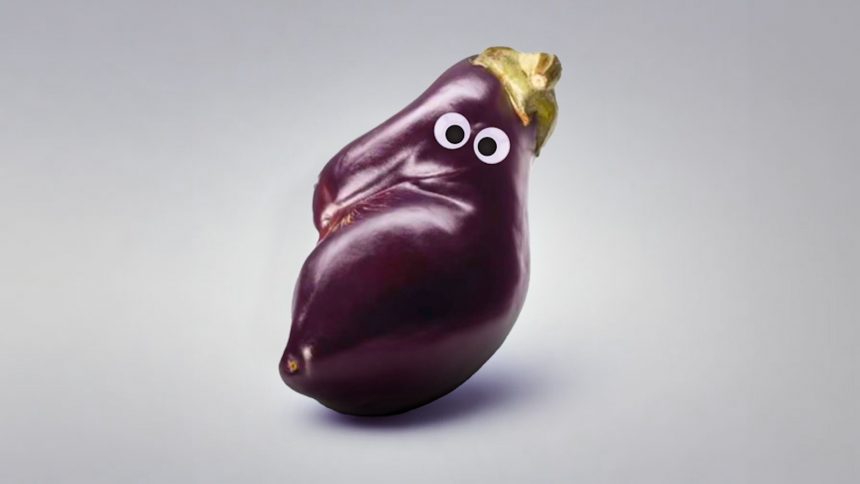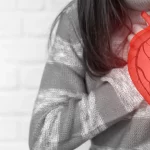You may have seen them wielded by prank-loving grandmas in department stores, peeking out from robotic vacuum cleaners, or adorning statues on college campuses. But googly eyes, those cartoon-like eyeballs often found in arts and crafts projects, aren’t just good for making people smile. Research by Kacy Kim at Bryant University shows that when used correctly, a set of sticky little eyes can be a clever tactic to influence consumers — specifically, to get them to buy fruits and vegetables that might otherwise become food waste.
An associate professor at Bryant University, Kim is the lead author of a recently published study in the journal Psychology & Marketing that found when googly eyes are placed on pictures of irregular-appearing vegetables or human names are used to describe misshapen fruits, consumers are more inclined to buy “ugly” produce. The team was inspired by past marketing campaigns that attempted to anthropomorphize imperfect produce and spent six years putting together their case that making irregular produce appear more human could increase sales.
“By enhancing the attractiveness of the ‘ugly’ produce, the outcome is going to be, consequently, cutting waste,” said Kim.
Billions of pounds of food across the nation end up wasted every year. Much of that loss is driven by over-purchasing and strict regulations for food donations, but at least part of the problem is that U.S. consumers widely avoid taking home fruits and vegetables that are too small, oddly shaped, discolored, or cosmetically scarred. Some estimates suggest as much as 20 percent of produce ends up in landfills and incinerators because of cosmetic imperfections.
Kim’s team argues that the problem is that supermarkets and even “ugly” food specialty companies are going about it all wrong. It’s not about discounting irregular produce to try and get people to buy it, it’s about making that produce appealing enough that it doesn’t need to be discounted in the first place. That’s where the googly eyes come in.
“By testing and adding some human characteristics, we examine whether that effort will increase the attractiveness of the produce, and [whether] that attractiveness is going to be increasing the purchasing of the produce and consuming of the produce,” said Kim.
The team experimented first with adding visual cues like googly eyes on irregular-looking eggplants, showing study participants pictures of normal or abnormal eggplants, either with or without googly eyes. In a second study, they tried giving imperfect fruit gender-neutral human names — such as “Taylor” the four-tailed lemon and “Jordan” the three-headed strawberry. In both cases, they discovered that the bulk of people found the imperfect produce more appealing and were more open to purchasing it when it had been anthropomorphized.
“We process things unconsciously as we are told to. ‘Apples are supposed to look like this,’ that is a human bias. By extension, it is a type of stereotyping,” explained study co-author and Bryant University professor Sukki Yoon.
Kim and Yoon’s research emphasizes how much simpler marketing tactics, such as googly-eyed eggplants, can be used by retailers to increase consumer demand for irregular-looking produce and reduce emissions associated with food waste—without needing to slash prices.
While drawing a direct connection between increasing sales of irregular produce and reducing greenhouse gas emissions may be complex, the idea of using anthropomorphism to increase the appeal of imperfect produce is a step in the right direction. It may not radically change consumer habits, but campaigns like these could spark small changes in how consumers consider what to buy and eat.
“I was personally really scared of eating eggplant. Whether it’s ugly or pretty, I never purchased [it]. But after I did this research, now I’m an eggplant shopper. And I’ll be happy to,” said Kim.






